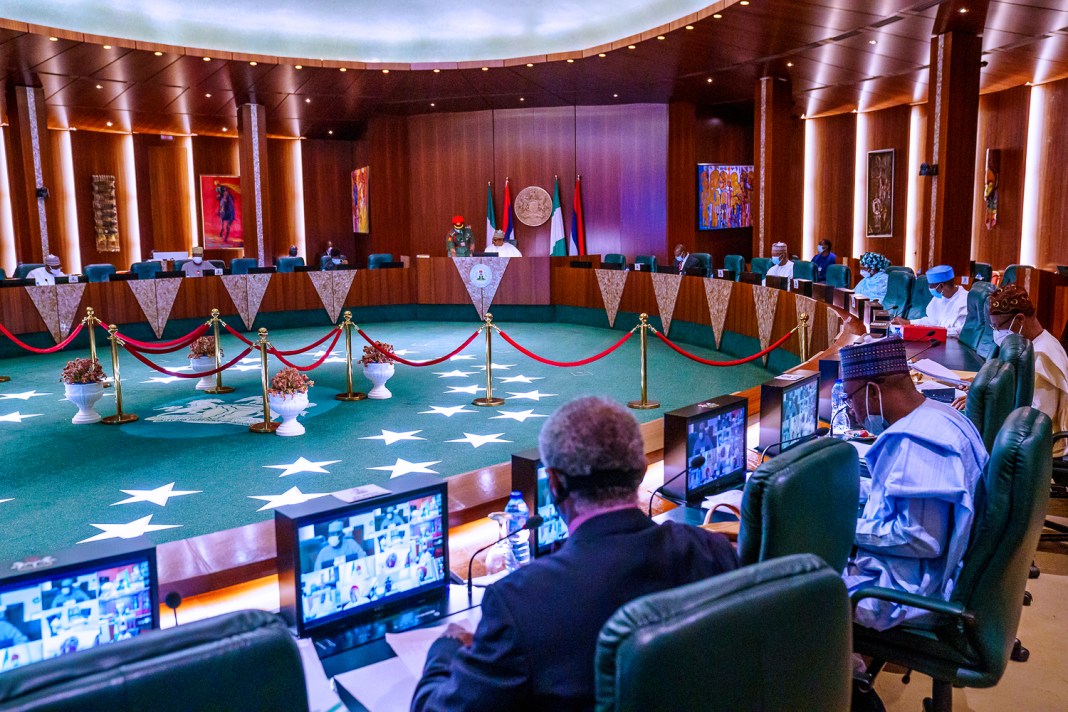Economy
Federal Government approves National Gender Action Plan on Climate Change

The Federal Executive Council has approved a National Gender Action Policy for Nigeria.
Minister of Environment, Muhammad Mahmood revealed this while briefing Journalists on the outcome of this week’s cabinet meeting presided over by President Muhammadu Buhari.
He said the plan was approved because it has been realised that women suffer more from climate change.
According to Mahmood; “We presented a memo today on National Gender Action Plan on Climate Change., which affects everybody across the world, just as here in Nigeria. It affects men, women and children but we have found out that women bear most of the brunt of planet change and the purpose of this policy is to mainstream gender within the climate change action plan.”
The Minister said the policy would give Nigerian women more opportunities to have a say on issues related to the effects of climate change.
“What does it mean to mainstream gender? Women bearing the main brunt, implies that we will take particular steps to make sure that women are involved in climate action activities right from inception, design, development, implementation, monitoring and evaluation of projects.
“We will also involve women in the process of decision making. Also, we will make sure that women are carried along in planet change issues and also in areas where women are predominantly involved, like in agricultural activities.
“Seventy percent of agricultural activities involve women. Therefore, some of the priority areas in the gender action plan are agriculture, forestry, health, water and sanitation, energy, transportation; and the same particular areas are also the areas that constitute meeting our indices.
“That is the nationally determined contribution to the Paris Agreement. What that means is that through these sectors, we can reduce the emissions in Nigeria, thereby meeting our indices as we committed ourselves during the Paris Agreement,” he said.
He said Nigeria has already committed itself to the agreement on a reduction of emissions and will not relent in its effort to do so.
“Nigeria has committed itself by agreeing to reduce emissions by 20 per cent this year which we have achieved. In the same agreement also, we committed ourselves to achieve 45 per cent reduction of emissions by the Year 2030. But this time around, Nigeria will need the assistance of international organisations or the international community in general to be able to achieve this commitment.
“Once more, the priority areas for mainstream gender action plan are: agriculture, forestry, health, water and sanitation, energy, transportation. Civil society organisations, academia, international organisations et cet era will all be part the gender action plan,” the Minister said.




